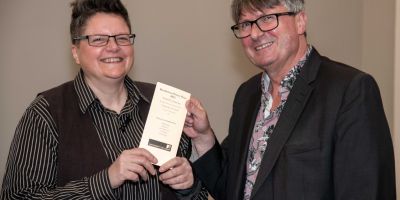Guerrilla inscription: Transatlantic abolition and the 1851 census

A new paper for Atlantic Studies journal shines a light on a near-forgotten abolitionist from Leeds.
In Guerrilla inscription: Transatlantic abolition and the 1851 census, Professor Bridget Bennett reimagines the transatlantic climate of abolition by a focus on a specific incident.
Wilson Armistead, a Yorkshire Quaker merchant, abolitionist, and prolific author, hosted the African American fugitives Ellen and William Craft in his house in Leeds in 1851, when they were on a lecture tour of the UK. In a typically quiet (yet bold) abolitionist act of “guerrilla inscription”, he ensured that they were recorded in the UK census as fugitives.
As the Crafts were well-known figures who received sympathetic attention, this unprecedented action was widely covered in the press. Yet subsequently it passed into obscurity.
Professor Bennett’s paper explores this forgotten story to ask how state documents can be subverted for means other than which they are intended, and to reflect on what happens when abolitionists and academics meet in the archive.
Read the article via White Rose Research Online and find out more about the wider project, The Dissenting Atlantic: Archives and Unquiet Libraries, 1776-1865.
Watch a video where Professor Bennett gives some background to Wilson Armistead.




